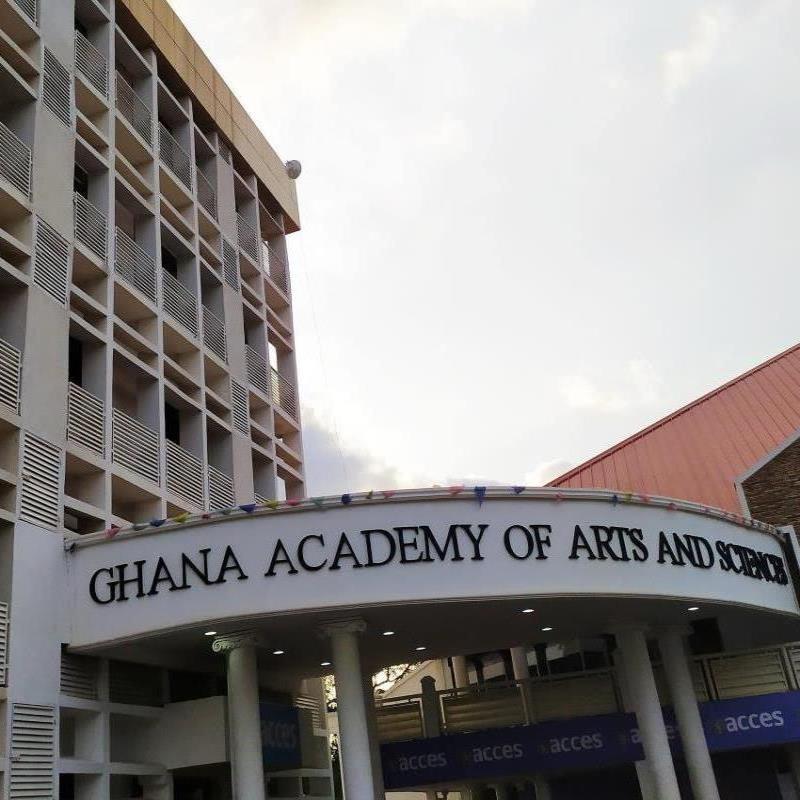Emerita Professor Isabella A. Quakyi, Acting President of the Ghana Academy of Arts and Sciences, and Professor Robin Grimes, Foreign Secretary of the Royal Society, explain the importance of scientific collaboration and connecting early career researchers across the Commonwealth

Collaboration is at the heart of the scientific endeavour. Historic accounts of the lone genius being struck by a flash of inspiration, have never told the full story. But now, more than ever, scientists rely on a vast network of partners to address unanswered questions and tackle global challenges such as climate change and future pandemics.
The Commonwealth Science Conference Follow-on Meetings aim to build these networks and create new connections between researchers right across the Commonwealth. The first begins at the Ghana Academy of Arts and Sciences in Accra this week.
Nearly one third of the world’s population are represented, across these 54 countries. A wide variety of societies and economies, and a wealth of talent, knowledge and innovation. As representatives of the national scientific academies of the UK and Ghana, and scientists ourselves, we have the immense privilege of working with many of these outstanding scientists on a regular basis.
This week’s meeting brings together some of the most exciting early-career research talent from across sub-Saharan Africa and the UK, to share their perspectives and experiences and find ways to work together on the research challenges affecting the region. The Conference focuses on three broad themes: resilient, low-carbon energy systems, conserving and restoring biodiversity, and equitable access to health. Researchers will be presenting work on topics from malaria vaccination across sub-Saharan Africa, improving the sustainability of biodiesel, the impact of shifting rainfall on ecosystem nutrient cycles, to lowering the carbon footprint of construction.
Importantly, the conference considers the relationship between each of these themes, the so-called “interlinkages” between climate change, our ecosystems, and human health. This is essential if research is to be translated into policy, for action on these global challenges. Scientists or politicians who fail to look beyond their own research specialty, or do not consider the perspectives of other communities or national perspectives, are acting blind. To build a resilient future, we must cut our carbon emissions at the same time as tackling health inequalities and or protecting the habitats that countless species - and human livelihoods – depend on. By bringing together different scientific disciplines, we can start to identify those areas where research and investment can maximise wellbeing and environmental benefits. By acting together we build those bridges, between scientists, institutions and nations that are fundamental to turning evidence into action.
The final objective of the meeting is to equip delegates with the tools and experience to propel their research findings into the heart of policy making. We look forward to hearing perspectives from senior officials and individuals with experience communicating complex information on subjects of critical importance. This includes Professor Sir Chris Whitty, England’s Chief Medical Officer, who has advised the UK Government throughout the COVID-19 pandemic and Dr Modestus Fosu, from the Ghana Institute of Journalism, on communicating science to the press.
Reflecting on the experiences of COVID-19 in Ghana, and the UK, and the events of the last two years, we have been struck by the clear demonstration of how interconnected global societies have become. As scientists, it’s clear that our shared future depends on working together to address the questions that impact all of us.

